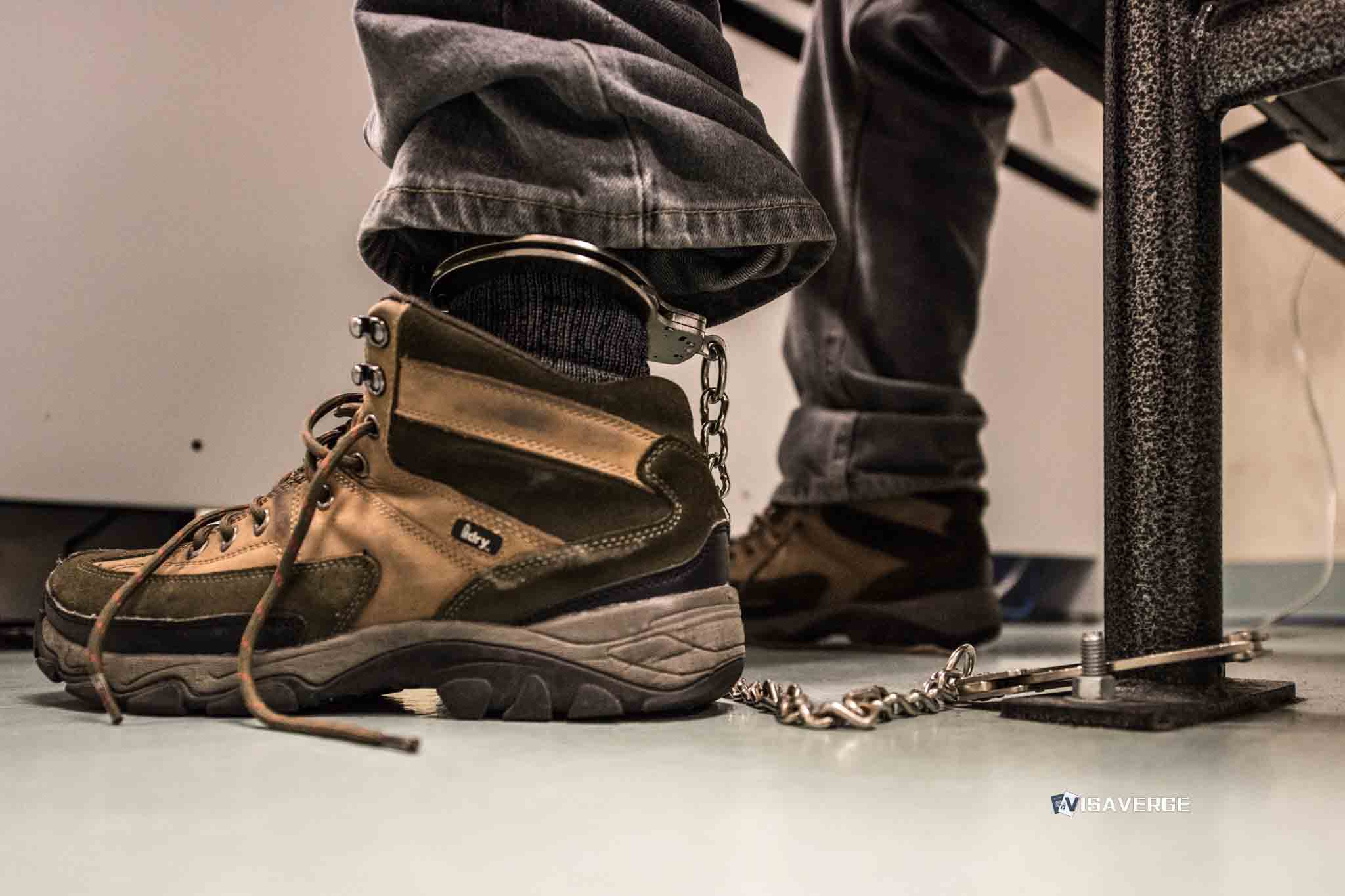J-1 visa students can still apply for Academic Training during a U.S. government shutdown, and campus international offices say those requests will be processed as normal. Responsible Officers (ROs) and Alternate Responsible Officers (AROs)—who authorize training at universities—remain on the job because their work is institution-funded. The Student and Exchange Visitor Information System (SEVIS) also keeps running, since it is paid by fees, not annual appropriations.
That means students may submit paperwork, get approvals, and start training on schedule, even if Washington closes for a budget standoff. Importantly, Academic Training guidance is not a USCIS process. It is approved on campus.

What continues during a shutdown
- ROs/AROs remain available to confirm eligibility, dates, and hours, issue authorization, and update SEVIS.
- SEVIS and the Student and Exchange Visitor Program remain operational because they are fee-funded.
- University international offices keep core operations running, paid by tuition and institutional budgets rather than annual federal appropriations.
Key takeaway: Academic Training authorizations are school-based, so students should not expect operational pauses in this process during a shutdown—provided their files are complete and submitted on time.
How Academic Training is different from other immigration processes
- Unlike F-1 Optional Practical Training (OPT)—which relies on federal card production and certain federal services—Academic Training is authorized internally by the school.
- This internal authorization means campus staff can continue approving qualifying cases even when many federal desks go dark.
- Some federal programs (for example, Department of Labor systems like LCA processing for H-1B) may pause during a shutdown, which can affect other pathways but not Academic Training.
What Responsible Officers check
ROs verify that:
– The training is directly related to the field of study.
– The duration does not exceed allowed time limits (pre- or post-completion as applicable).
– The training begins within the permitted window.
– Employment documentation is sufficient: employer letter, supervisor details, site location, and weekly hours.
When satisfied, they:
1. Record authorization in SEVIS.
2. Issue updated documentation/authorization letters.
If a shutdown is prolonged, ROs may add travel-risk reminders but will still approve qualifying cases and keep SEVIS records accurate.
Timing and deadlines — the most important rules
- Students must apply before their program end date as listed in school records.
- They must receive authorization before beginning any paid or unpaid training.
- Missing the application window can result in status loss, even during a government shutdown.
ROs urge:
– Submitting applications early, especially near graduation.
– Employers provide clear training descriptions that demonstrate direct link to the major (a common cause of delays is a late or unclear employer letter).
Documentation to include (recommended checklist)
- Clear employer letter listing:
- Start and end dates
- Weekly hours
- Worksite address
- Supervisor contact
- Explanation of how the role connects to the major
- Recent transcripts and course lists
- Brief training plan or objectives (even if not required)
Complete packets are processed fastest because they reduce back-and-forth with busy employers.
Travel during a shutdown
- SEVIS updates allow schools to print documents that support travel and reentry.
- However, consulates may delay routine visa appointments during a shutdown.
- ROs often advise students to:
- Avoid nonessential travel while a shutdown unfolds.
- Speak with the international office before traveling.
- Carry proof of employment, authorization letters, and recent transcripts if travel is essential.
Starting work while an application is pending
- Students cannot begin any on-site or remote work until they receive authorization from their Responsible Officer.
- Authorization letters include start/end dates, employer names, and site addresses.
- If details change, a new authorization is required.
- During a shutdown, offices may send digital approvals rather than printed copies; these remain valid and are reflected in SEVIS when recorded.
Practical examples
- A chemistry student finishing a thesis in May receives a one-year training role at a pharmaceutical lab starting in June. The RO approves before May ends. Even if a shutdown occurs later, the authorization remains valid and training continues.
- A journalism student with approved pre-completion training in the fall sees no interruption to the already-approved part-time newsroom role during a brief shutdown.
Limits and cautions
- Academic Training:
- Cannot remedy missed deadlines or be granted after the grace period ends if no timely application was made.
- Does not cover unrelated jobs or casual gigs without real supervision.
- ROs act as gatekeepers to ensure the role is training-focused, supervised, and within hour/time limits.
- If students change employer or location, they must report updates to the international office before starting the new assignment.
Employer guidance
Employers hosting J-1 trainees should:
– Confirm and provide clear offer letters that match the training description.
– Assign a point person for updates or signatures.
– Clearly state the main training location (and explain any branch-travel plans early).
– Provide training descriptions showing direct links to the student’s major.
These steps help keep Academic Training on track regardless of a budget impasse.
Broader policy context
- Fee-funded systems (like SEVIS) continue during a lapse in appropriations, while agencies that rely on annual appropriations may pause nonessential functions.
- Past shutdowns under multiple administrations show campus offices stayed open and processed Academic Training.
- USCIS continues many fee-based services but may reduce public outreach—none of this affects school-authorized Academic Training for J-1 students.
Official reference
The State Department’s Exchange Visitor Program confirms Academic Training is a school-based authorization. For official details about eligibility, time limits, and employer requirements, see: Academic Training guidance.
Final recommendations (simple, actionable)
- Submit early — especially in peak seasons before graduation.
- Send complete packets — employer letter, transcripts, training plan.
- Confirm details with your Responsible Officer before starting work or traveling.
- Avoid nonessential travel during a shutdown; if you travel, carry all authorization documents and consult your RO.
Bottom line: Academic Training continues during federal shutdowns as long as the school approves and records it properly. With early, complete submissions and clear communication with your international office and employer, students can keep training and protect their status even when budget debates dominate the news.
Frequently Asked Questions
This Article in a Nutshell
J-1 students can apply for and receive Academic Training (AT) authorizations during a federal government shutdown because AT approvals are processed internally by sponsoring institutions. Responsible Officers (ROs) and Alternate Responsible Officers (AROs) remain on duty since their work is institution-funded, and SEVIS stays operational because it is fee-funded. ROs verify that training is directly related to the student’s field of study, confirm dates and hours, and record approvals in SEVIS. Students must apply before their program end date and cannot begin work without RO authorization. To minimize delays, submit complete application packets early, obtain clear employer letters, and consult the international office before traveling or changing employment.













